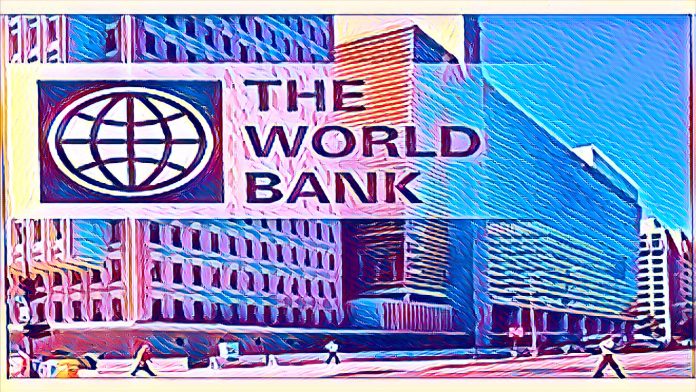The Federal Government of Nigeria is set to significantly bolster its efforts to improve the lives of Internally Displaced Persons (IDPs) and enhance rural agricultural access with the support of the World Bank. In a landmark move, talks are underway to secure over $1 billion in loans, marking a substantial step toward addressing some of the country’s most pressing challenges.
This financial package is divided into two main projects: a $500 million loan aimed at aiding IDPs and their host communities and a $550 million loan designed to upgrade rural access and agricultural marketing. These initiatives are a testament to Nigeria’s commitment to tackling the displacement crisis and boosting agricultural efficiency through targeted investments.
The displacement crisis, particularly in Northern Nigeria, has been exacerbated by conflicts, including the insurgency led by Boko Haram, banditry, and clashes between farmers and herders. These conflicts have displaced over 3.5 million people, creating a humanitarian and development crisis that the Nigerian government, with the help of the World Bank, aims to mitigate.
Borno State, the epicenter of the conflict involving Boko Haram, hosts nearly 1.7 million IDPs, representing a significant portion of both the state’s and the Northern region’s total displaced population. The influx of IDPs has placed considerable strain on local infrastructure and services, with cities like Maiduguri witnessing severe pressures on water supply, sanitation, and waste management systems.
The World Bank’s proposed projects intend to develop sustainable solutions for IDPs and host communities by providing basic services, economic opportunities, and climate-resilient development investments. This includes a comprehensive approach to community development, income generation, and strengthening state and local government institutions for improved service delivery.
Additionally, the Rural Access and Agricultural Marketing Project – Scale Up aims to bridge the gap between rural communities and markets, facilitating smoother access to agricultural markets, schools, and hospitals. This project, with a new commitment amount significantly higher than the initial funding, seeks to extend its impact across all 36 states of Nigeria, enhancing rural development and agricultural efficiency nationwide.
This strategic collaboration between the Nigerian government and the World Bank represents a hopeful stride toward addressing some of Nigeria’s most significant challenges, from displacement and rural underdevelopment to agricultural inefficiency. Through these projects, Nigeria aspires to not only improve the immediate lives of millions but also lay the groundwork for long-term stability and prosperity.



